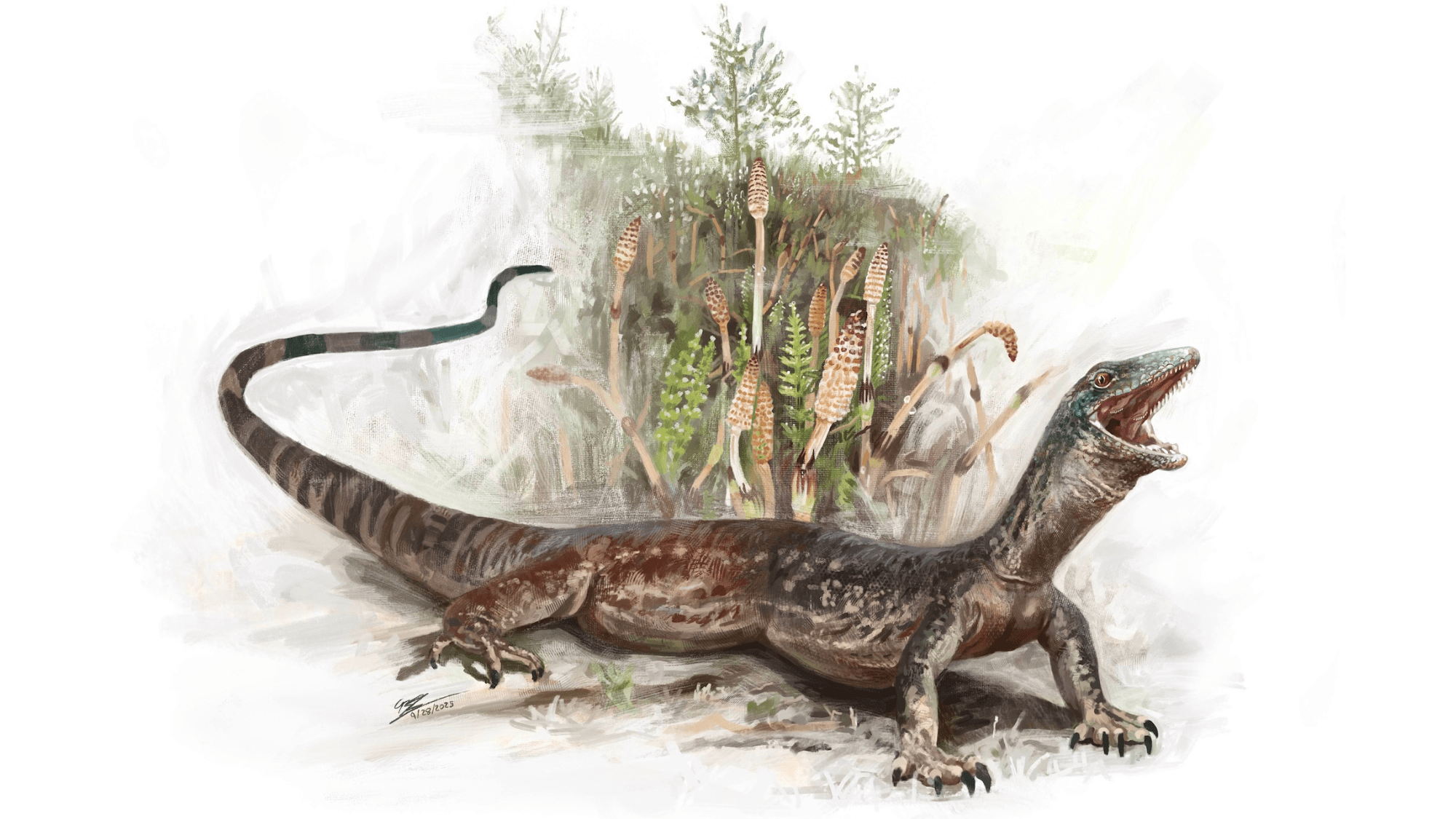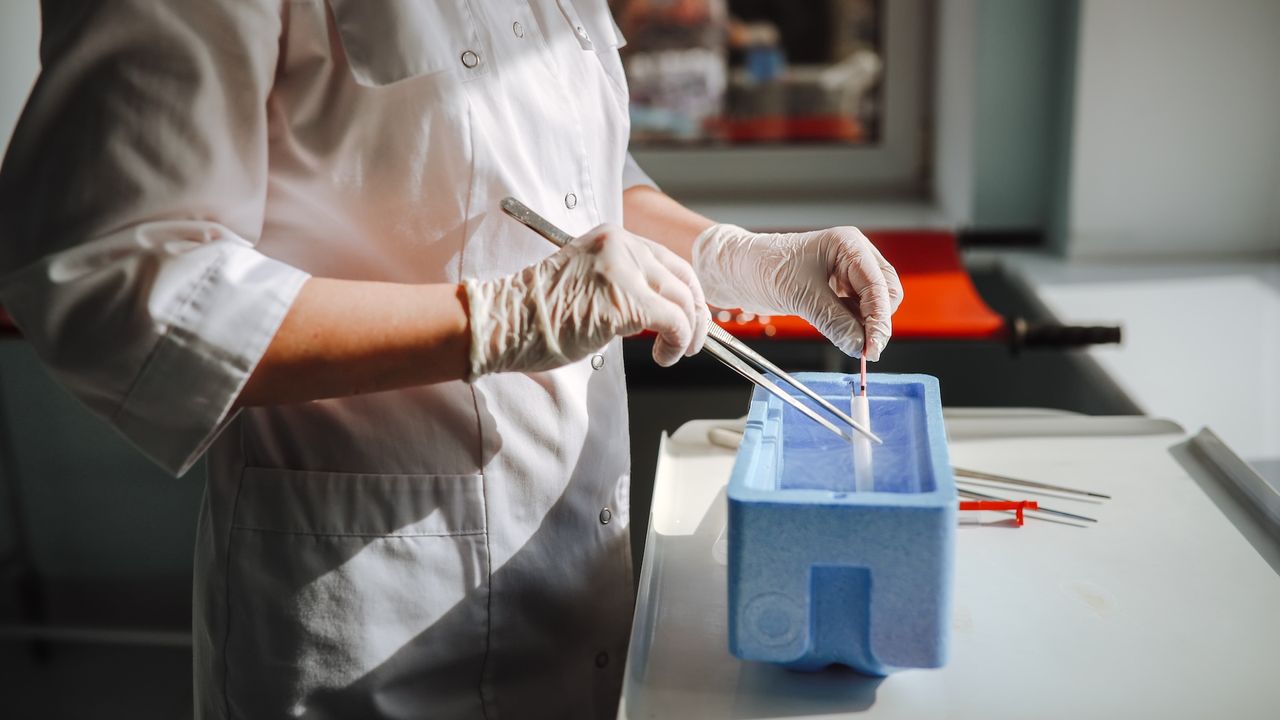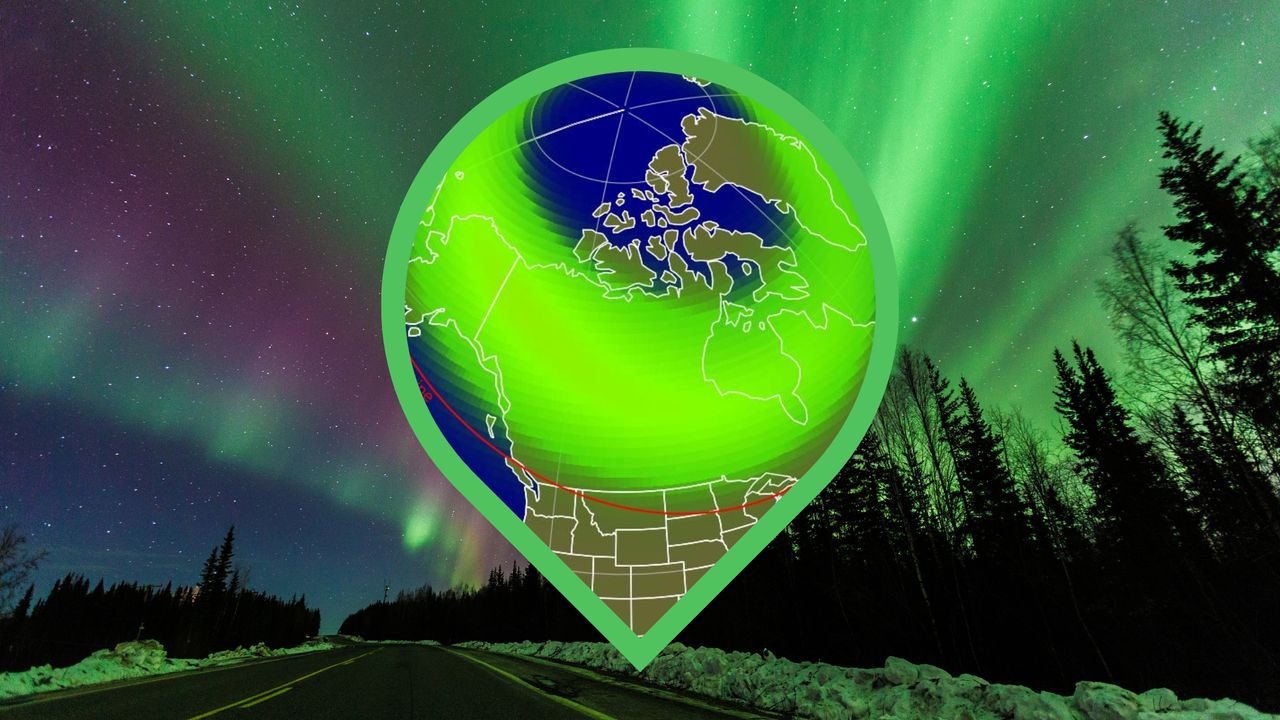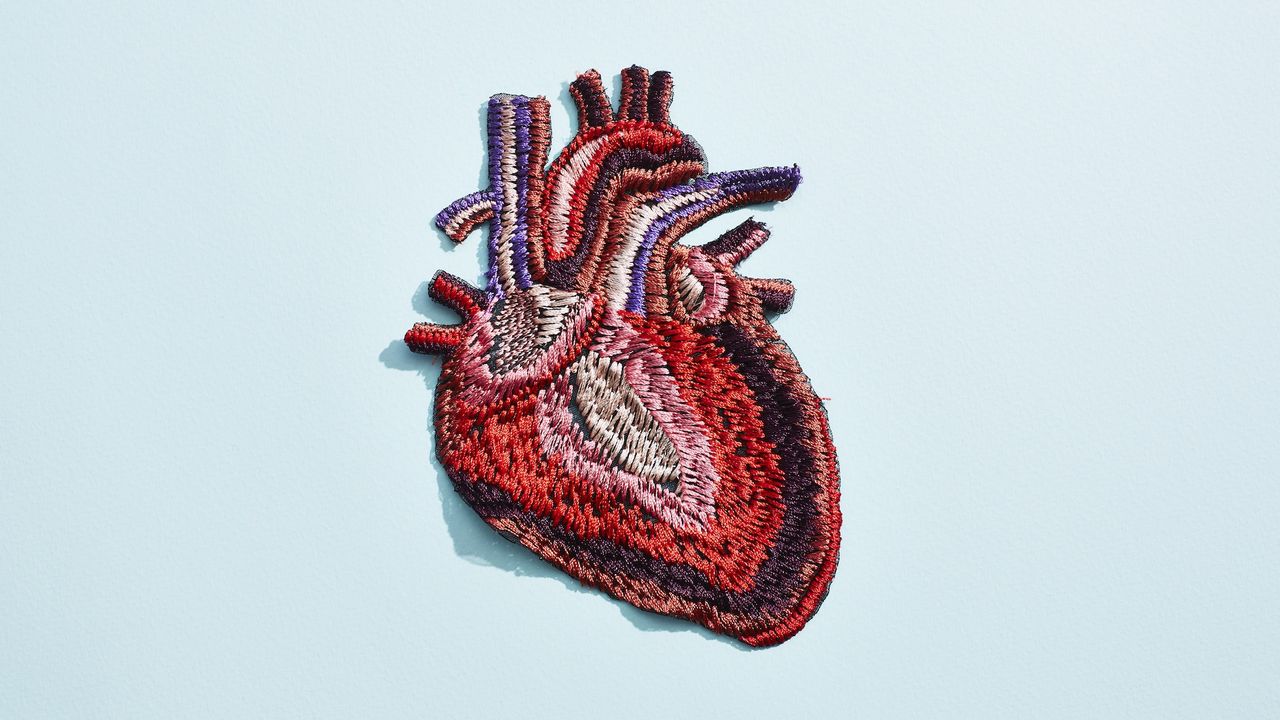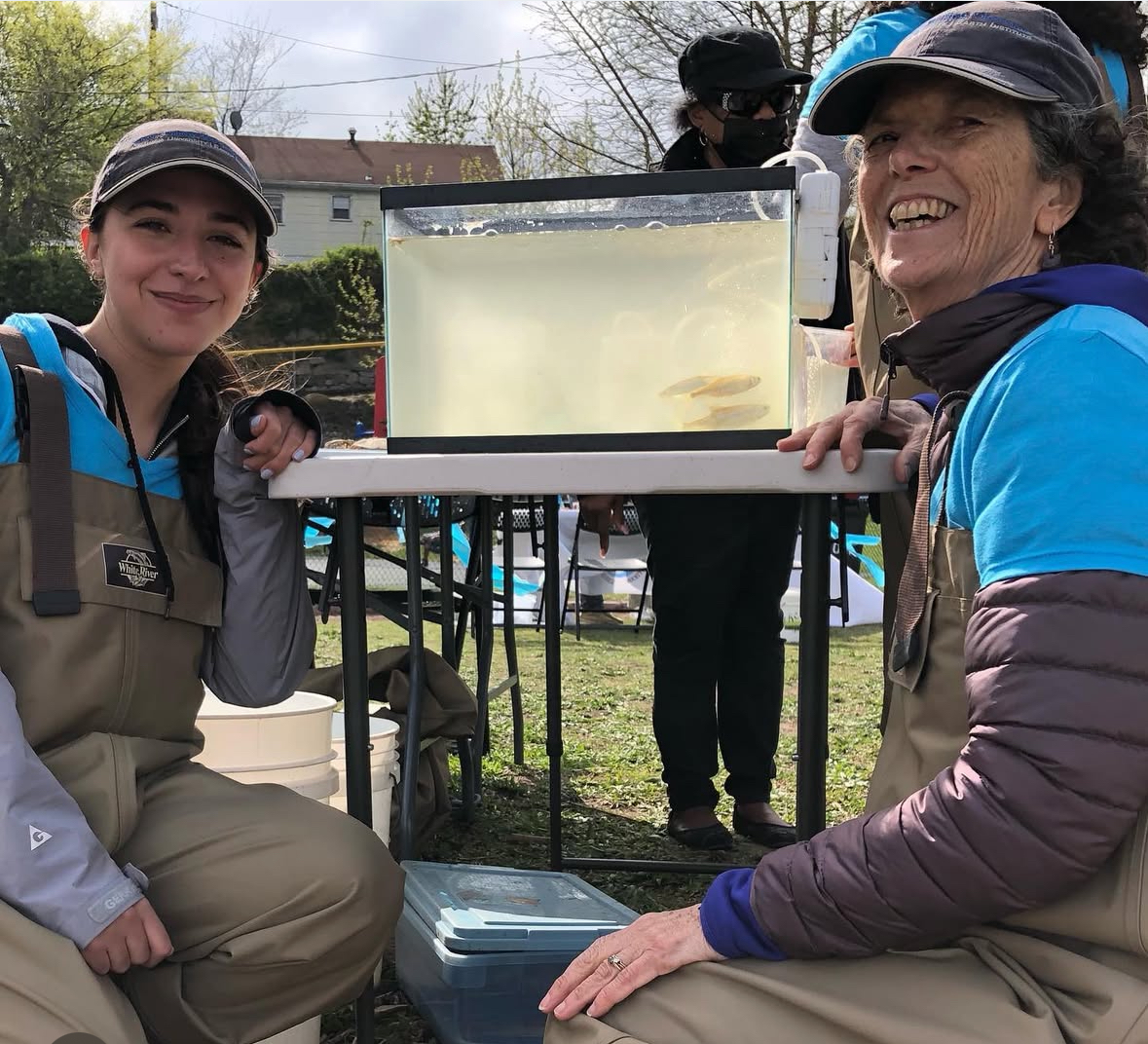Mysterious 160 million-year-old creature unearthed on Isle of Skye is part lizard, part snake
PositiveScience
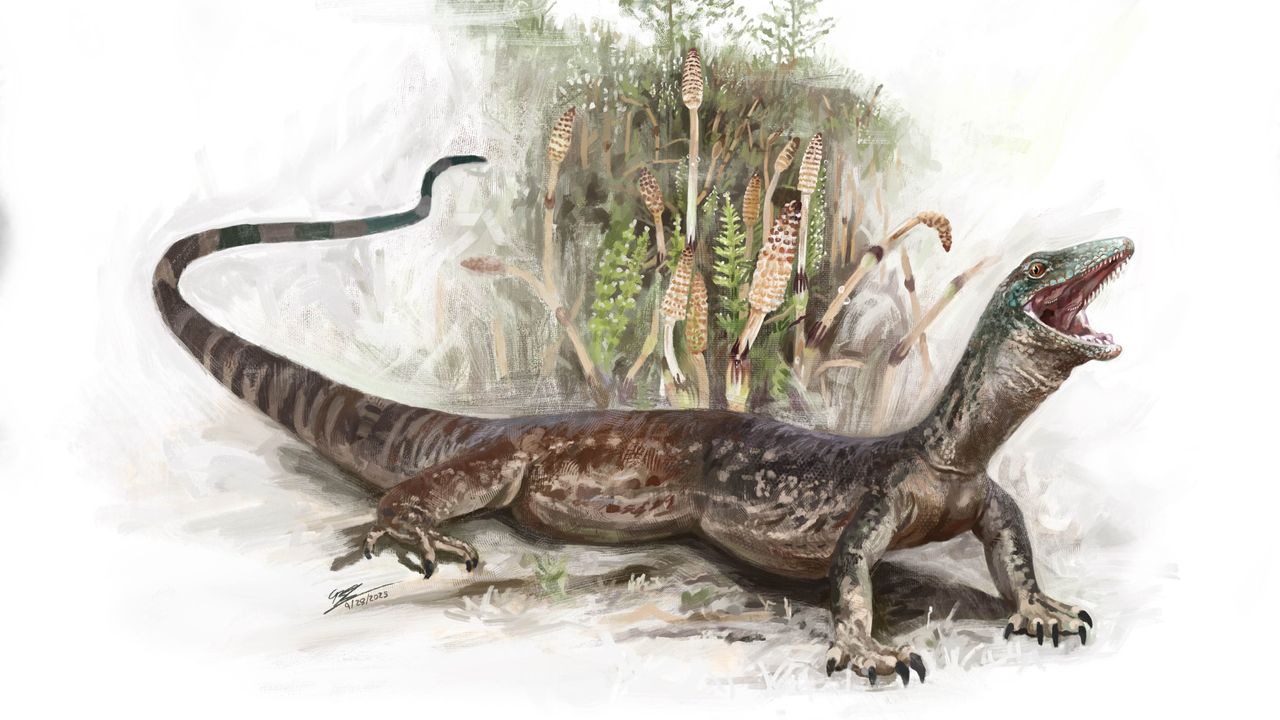
A remarkable discovery on the Isle of Skye has unveiled a 160 million-year-old creature, Breugnathair elgolensis, which exhibits features of both lizards and snakes. This ancient fossil is one of the most complete of its kind, providing valuable insights into the evolutionary history of snakes during the Jurassic period. Such findings are crucial as they help scientists piece together the puzzle of how modern reptiles evolved, shedding light on the biodiversity of our planet's past.
— Curated by the World Pulse Now AI Editorial System
